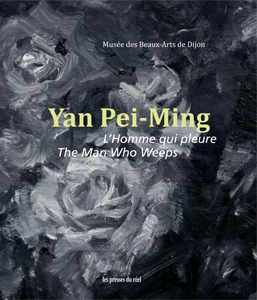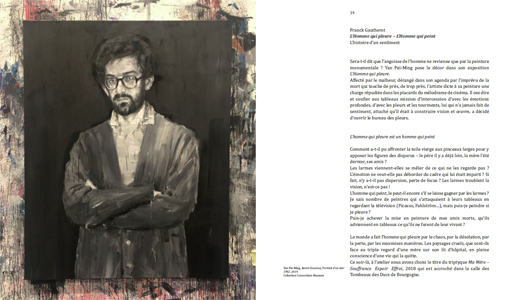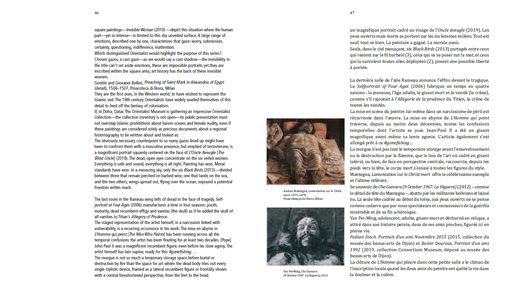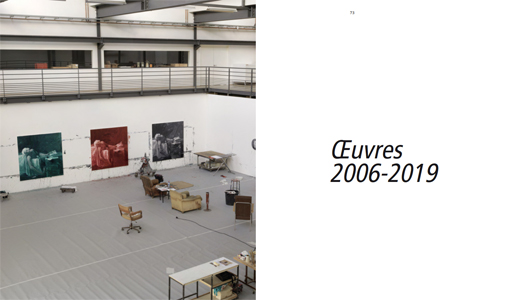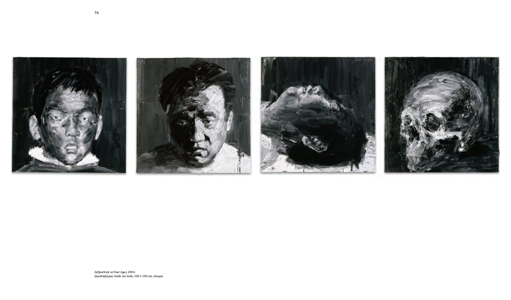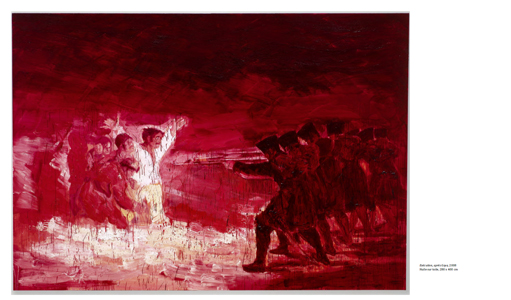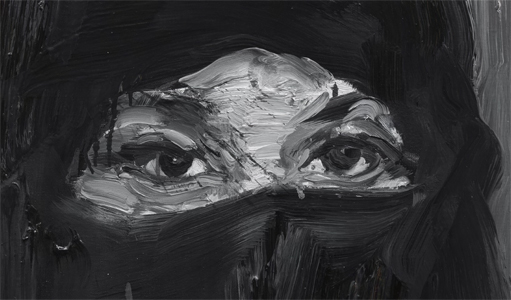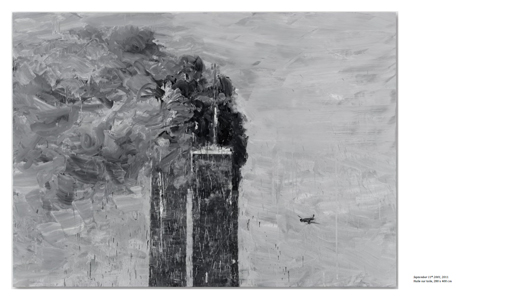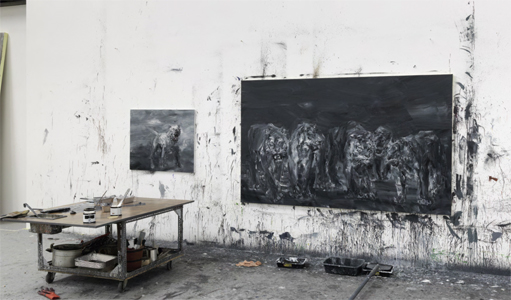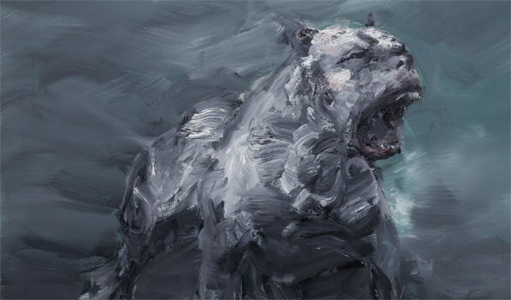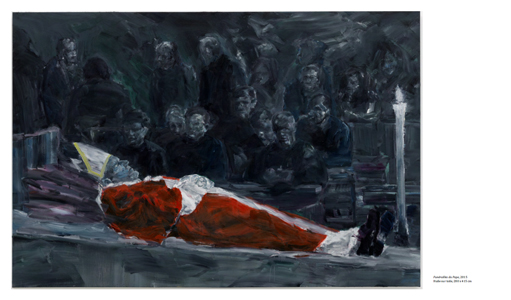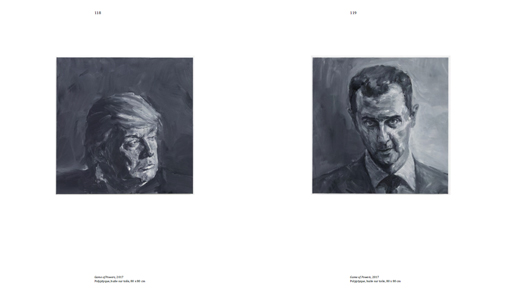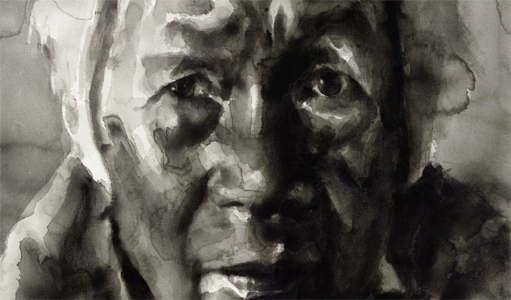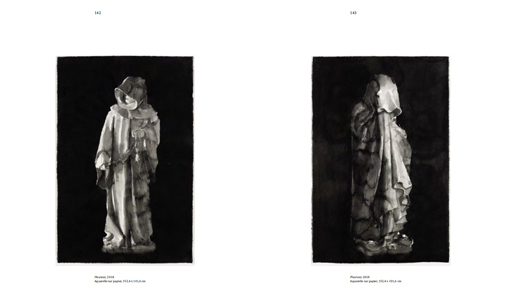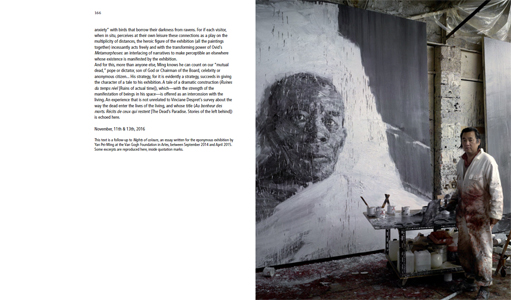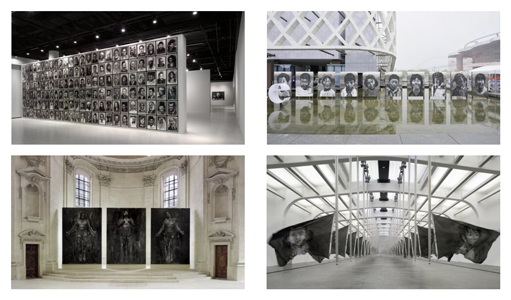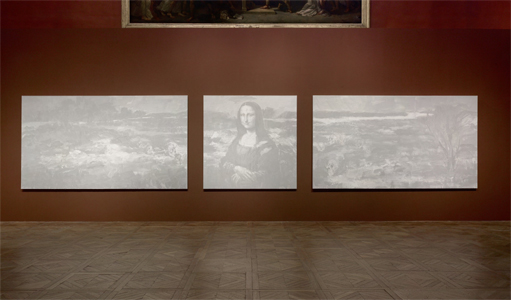New monograph: a retrospective of Yan Pei-Ming's paintings and watercolors from 2006 to 2019, structured around the figure of disappearance and violence, and around the confrontation with the works of the masters of the past as well as with modern iconography, with essays by Franck Gautherot, David Liot,
Xavier Douroux and
Fabian Stech.
Published on the occasion of the eponymous exhibition at the Musée des Beaux-Arts de Dijon, from May 17 to August 24, 2019.
Yan Pei-Ming (born 1960 in Shanghai) is a Franco-Chinese
painter based in Dijon, France. He is best known for his immense, and almost exclusively monochrome,
portraits that draw upon Chinese cultural history and Western portraiture tradition. Some of his most acclaimed portraits depict the figures of Mao Zedong, Bruce Lee and Barack Obama. Alongside and against these public figures, Pei-Mings' portraits extend to those of his father as well as himself.
At the age of 19, Yan Pei-Ming decided to move to France where he enrolled in the prestigious École Nationale Supérieure des Beaux-Arts, Dijon. In 1986 he graduated, achieving rapid success with his expressive, portrait-dominated œuvre. His paintings are executed with energy and imagination, consisting of expressive brushstrokes and a predominantly monochrome palette with an occasional appearance of dark red.
In 2003, he gained international recognition at the Venice Biennale. Six years later, his work was acquisitioned by the Louvre where he exhibiteda collection of portraits that sought to convey his personal perspective on Leonardo da Vinci's
Mona Lisa.


